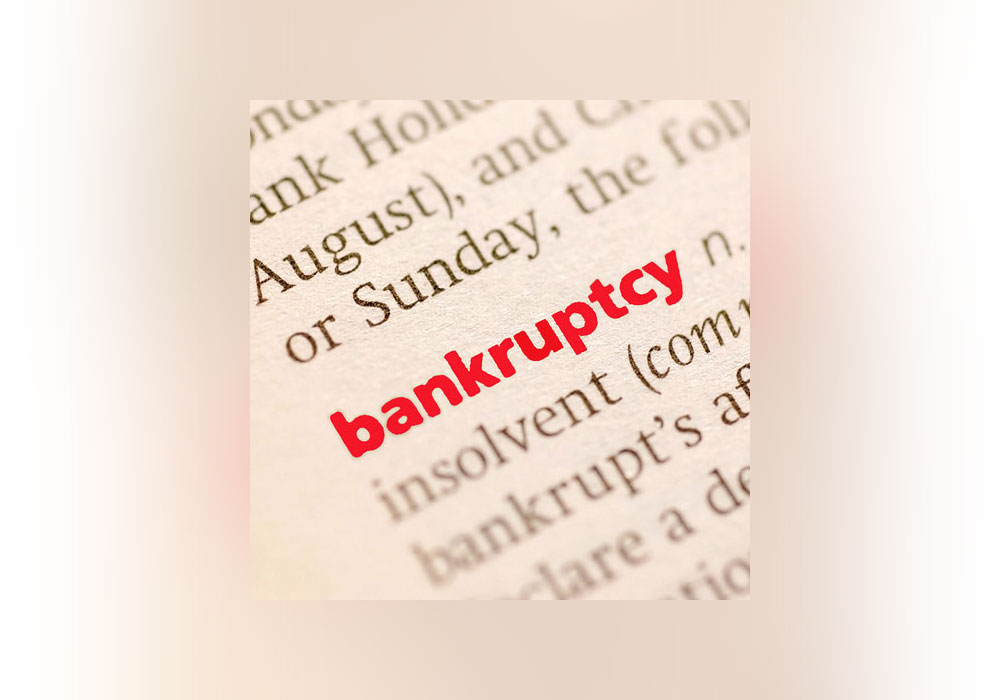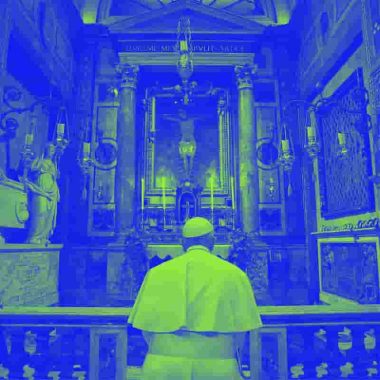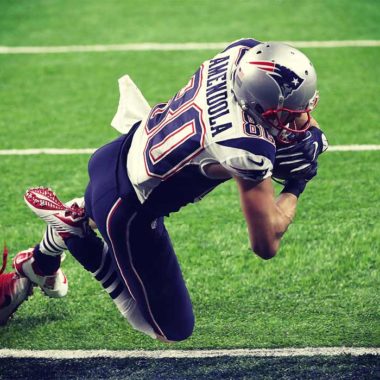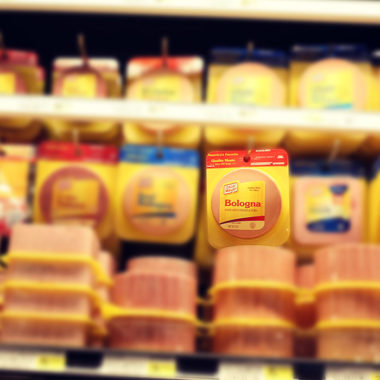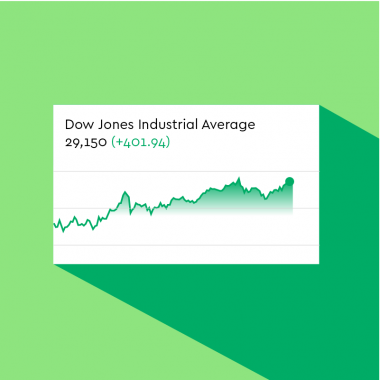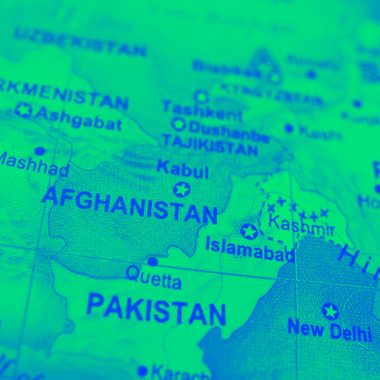The Surprising Origin Of The Word “Bigot”
A bigot is “a person who is utterly intolerant of any differing creed, belief, or opinion.” OK, but where does this strong and negative word originate? Here’s the interesting part. Some etymologists believe the Old French version of bigot, which means “sanctimonious,” was used by the French to mock the Normans, a people who lived in France and invaded Britain in 1066. Allegedly, the Normans …


